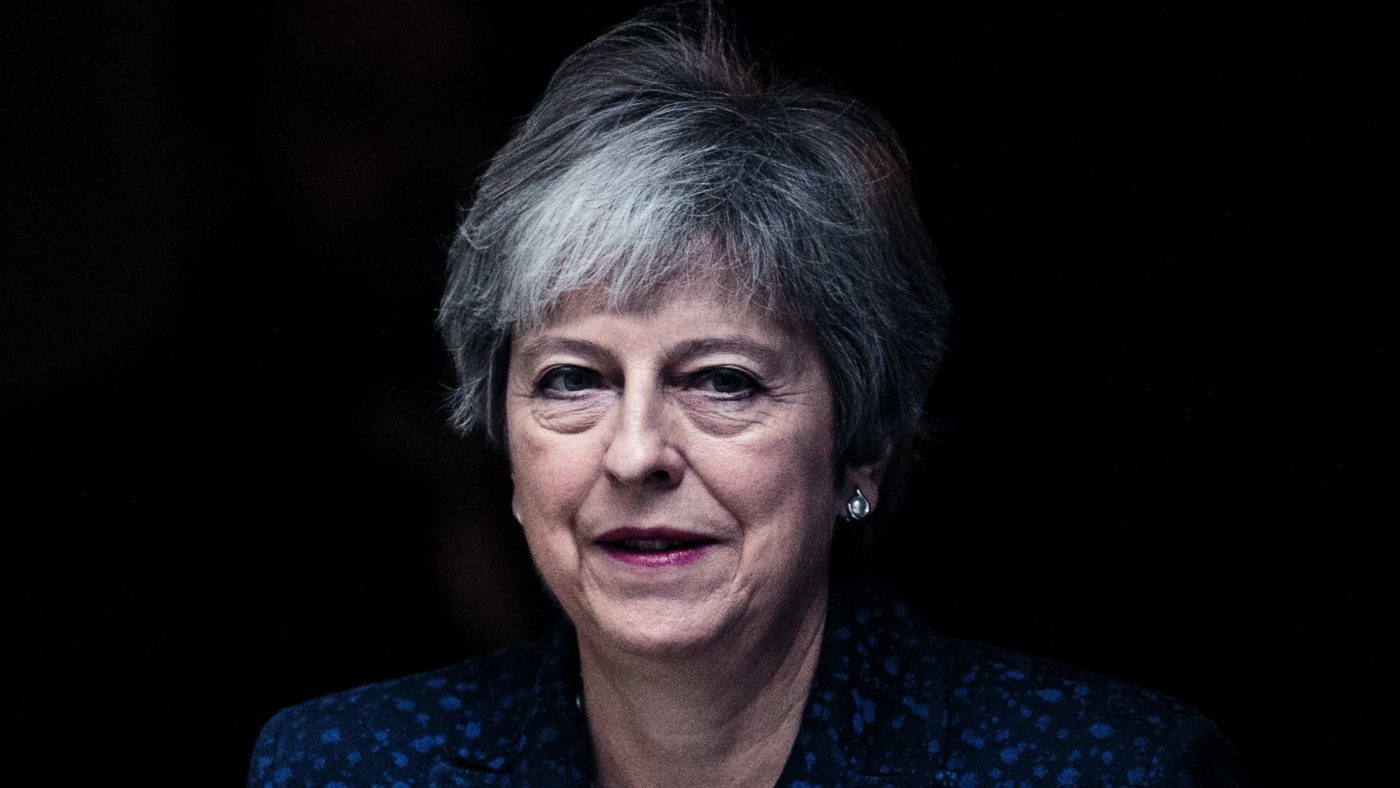It’s an insult, and in any case it’s not enough. With those words, a Unionist politician of an earlier generation denounced an American offer of financial support for the Northern Ireland peace process.
If Theresa May’s problem with the DUP were just about money, it would be soluble. The trouble is that it is about borders, and specifically about the danger under the EU’s backstop proposal of a new customs and regulatory border being drawn down the middle of the Irish Sea.
This row has the potential to wreck the Conservatives’ deal with the DUP and precipitate a general election. The fact that such an outcome is plainly in the interests of neither party does not mean it will not come to that. For we are into a period of brinkmanship, when nobody wants to be seen to blink first. The classic English instinct in such circumstances is to seek by all means, no matter how surreptitious and disreputable, a compromise, or what might more accurately be known as a fudge.
The aim is to demonstrate that all have won and all shall have prizes. That certainly is Mrs May’s instinct. She is a true Anglican, for whom the middle way is the one to follow, regardless of any inconsistencies of dogma which may trouble the consciences of doctrinal purists. But to the Ulster Protestant, compromise is evidence of perfidy and weakness. It means selling out one’s principles because one lacks the courage and determination to stand up to bullies. In the words of Sammy Wilson, DUP MP for East Antrim, writing in the Daily Telegraph: “Now is not the time to try and sell even more compromise to satisfy the appetite of the EU to humiliate our country.”
What is May to do? She cannot afford to tell us. Her only hope of working her way through this process is to present those whose support she needs, including the DUP, with a series of alternatives which would be even worse than supporting her.
And this is not quite so forlorn a hope as it may appear. She can remind her partners that if the DUP does not continue to prop up this government, and precipitates a general election, it is unlikely to find itself holding once more the balance of power, and could well find it has helped to install, in Jeremy Corbyn, a Prime Minister with Irish Nationalist sympathies.
But since Conservative MPs are determined, pretty much to a man and woman, to put off the next general election until 2022, and to avoid fighting it under Theresa May’s leadership, this threat is for her personally a less than completely plausible or attractive one. She needs leverage short of that drastic option.
On Wednesday, Kenneth Clarke urged her, during Prime Minister’s Questions, to reach a compromise with Brussels and then get it through the Commons by winning “the support of a significant number of Labour pro-European backbenchers”.
May naturally did nothing in reply to suggest that she is going to follow this course. She has nevertheless been making friendly noises towards the non-Corbyn Labour Party, which includes most of its MPs. The possibility exists that by making further concessions in Brussels, she will obtain a soft compromise which for them is more attractive than voting for a departure from the EU in acrimony and chaos.
Her own Eurosceptics are well aware she may try to neutralise them by enlisting Labour support, and so is the DUP. Jacob Rees-Mogg and Steve Baker are among those who have publicly warned her against attempting any such thing. But as Lord Lexden, the Conservative Party’s official historian, remarked to me this morning, “DUP threats make it more imperative to seek Labour support on key Brexit divisions. Disraeli passed the Second Reform Bill in 1867 with Liberal – sometimes Whig, sometimes Radical – support.”
Lexden suggested that just as Peel in 1846 needed Opposition votes for the repeal of the Corn Laws, “and secured a cloud of glory for this victory for the national interest”, so May might use Labour votes to end her time as Prime Minister in a cloud of glory. But another possibility presents itself. The chief EU negotiator, Michel Barnier, has indicated that if the British Government moves towards a Canada-style deal, the Irish border question might not after all be quite such a problem.
He seems, on the contrary, to agree with Rees-Mogg and Baker’s European Research Group that if Canada is chosen, the border can after all be dealt with by technical means.
So the point is coming when if May pursues such a soft Brexit that she can induce Labour MPs to vote for it, her hard-line opponents, both within her own ranks and in the DUP, will have every incentive to topple her. For the sake of the Conservative-DUP coalition, and a Canada-style Brexit deal, May herself would have to be thrown off the sledge.
It is conventional, in such circumstances, to lament that we are in a dreadful mess. But for anyone who believes in Parliamentary politics, these are great days, when Commons votes could end up making a decisive difference to the kind of Brexit we get.


